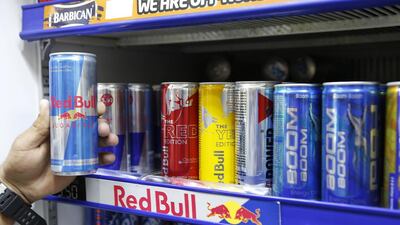People who regularly consume sugary or sweetened soft drinks, including diet options, raise the risk of an early death, health experts have said.
A medical study of more than 450,000 people, which is the largest of its kind, found a link between greater soft drink consumption and increased health issues leading to an earlier death.
It showed those who consumed one sugar-sweetened drink a day increased their risk of dying from digestive diseases including bowel, stomach or pancreatic tumours, by 59 per cent. Regular consumption was recorded over an average 16-year period.
It also showed participants who frequently had artificially sweetened soft drinks were more prone to circulatory diseases.
Carried out over two decades, the results showed that nine per cent of those who drank less than one glass of soft drink a month died during the study, compared with 11.5 per cent of those who drank two or more 250ml glasses a day. More than 41,600 deaths were recorded during the study.
“Our results for sugar-sweetened soft drinks provide further support to limit consumption and to replace them with other healthier beverages, preferably water,” Dr Neil Murphy, a co-author of the research from the International Agency for Research on Cancer said.
The findings were published in Jama Internal Medicine, a peer-reviewed medical journal.
While experts said the study did not prove that fizzy and other sweetened drinks are a driver for increased risk of death, the research further supports calls by the global healthcare sector to reduce the consumption of soft drinks to cut the risk of lifestyle diseases.
The UAE introduced a 50 per cent tax on sugary fizzy drinks in 2017 to help reduce consumption here.
As a result, sales of energy drinks in the first 15 months of implementation dropped by 65 per cent, according to a survey by market research organisation, Euromonitor International.
Last month, the government expanded the tax to include a 50 per cent price hike on sweetened non-fizzy drinks.
The 450,000 participants in this latest study were from 10 European countries, had an average age of 50 and were clear of conditions such as cancer, heart disease and diabetes at the outset of the research.

